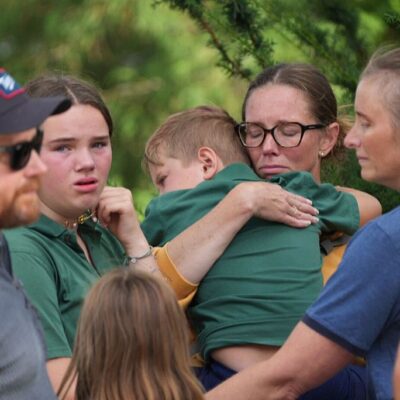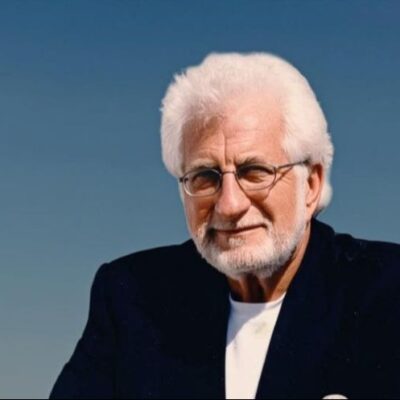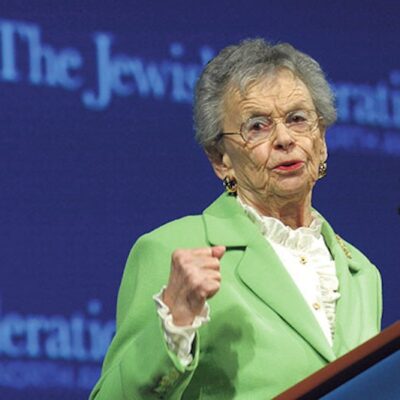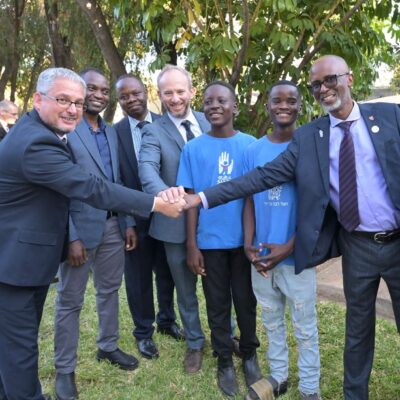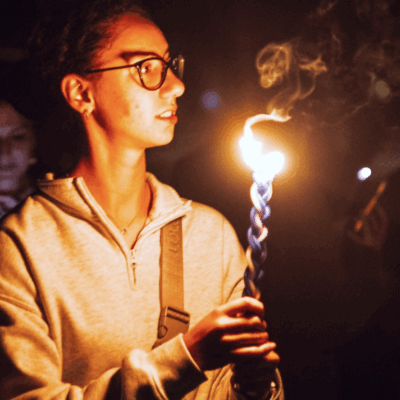Opinion
Jewish Peoplehood in Times of Crisis: Solidarity and Setback
by Elan Ezrachi, PhD
Once again, the organized Jewish world is being mobilized to support Israel in times of crisis. Solidarity with Israel is now impressively expressed through new digital technologies and social networks, as well as through more traditional modalities.
Around the world there are reports of rallies on behalf of Israel, emergency funds that are being created and solidarity missions in formation. Scores of Jews around the world are deeply concerned with what is happening in Israel. I felt this sentiment coming from many directions in recent days through phone calls, emails and facebook postings.
All this is good. It reminds us that Jewish solidarity is alive and that Israel can rely on the Jewish people’s support, when needed. This show of solidarity is certainly a strategic asset with clear political and diplomatic properties. It is also good to remind ourselves that Jews can function as a cohesive global unit when needed and that the establishments can quickly adapt themselves to changing realities.
But when the time will come (very soon, hopefully) and the rockets will no longer dominate the soundtrack, we need to realize that this form of solidarity is not the type of Jewish Peoplehood consciousness that we need to nurture. The current show of support emphasizes the differences between Jews, rather than their compatibilities. A situation such as the one we are experiencing now highlights the role of the victims as opposed to those who are spared of danger, it focuses on those in need as compared to those who are privileged, and most of all, the situation create barriers between Israelis and Diaspora Jews with the façade of Jewish unity.
This is clearly a setback. Jewish Peoplehood consciousness, as it has been evolving in recent years, took a different direction. Instead of focusing on the centrality of Israel and the impulse of cheering everything that Israel does, Jewish Peoplehood celebrates the plurality and dynamism of Jewish life around the world with Israel as a major hub of Jewish cultural creativity, a hub that is in constant interaction with Jews around the world. Instead of a model that displays actors on the stage vs. spectators, Jewish Peoplehood talks about partnership, engagement and dialogue as organizing principles of contemporary Jewish life.
One indication of this setback is the immediate halt of travel to Israel. In recent days, I have been hearing of multiple cancellations of group visits as well as individuals who leaving early, cancelling their planned visits and reconsidering their plans for future travel. In addition, the travel industry is once again facing a serious danger of future decline and we know that it takes a long time until recovery.
Once we get back to our routine in Israel, we should resume the global efforts to develop and nurture the new kind of Jewish Peoplehood that is relevant to our times. Let us hope that our children in Israel and around the world will not define their identities on the basis of who was closer to the Kassam rockets range, but rather on the shared challenge of building a better Jewish world and Tikun Olam.
Elan Ezrachi is a Jerusalem-based independent consultant to international Jewish organizations, and a fellow at the Center for Jewish Peoplehood Education.

